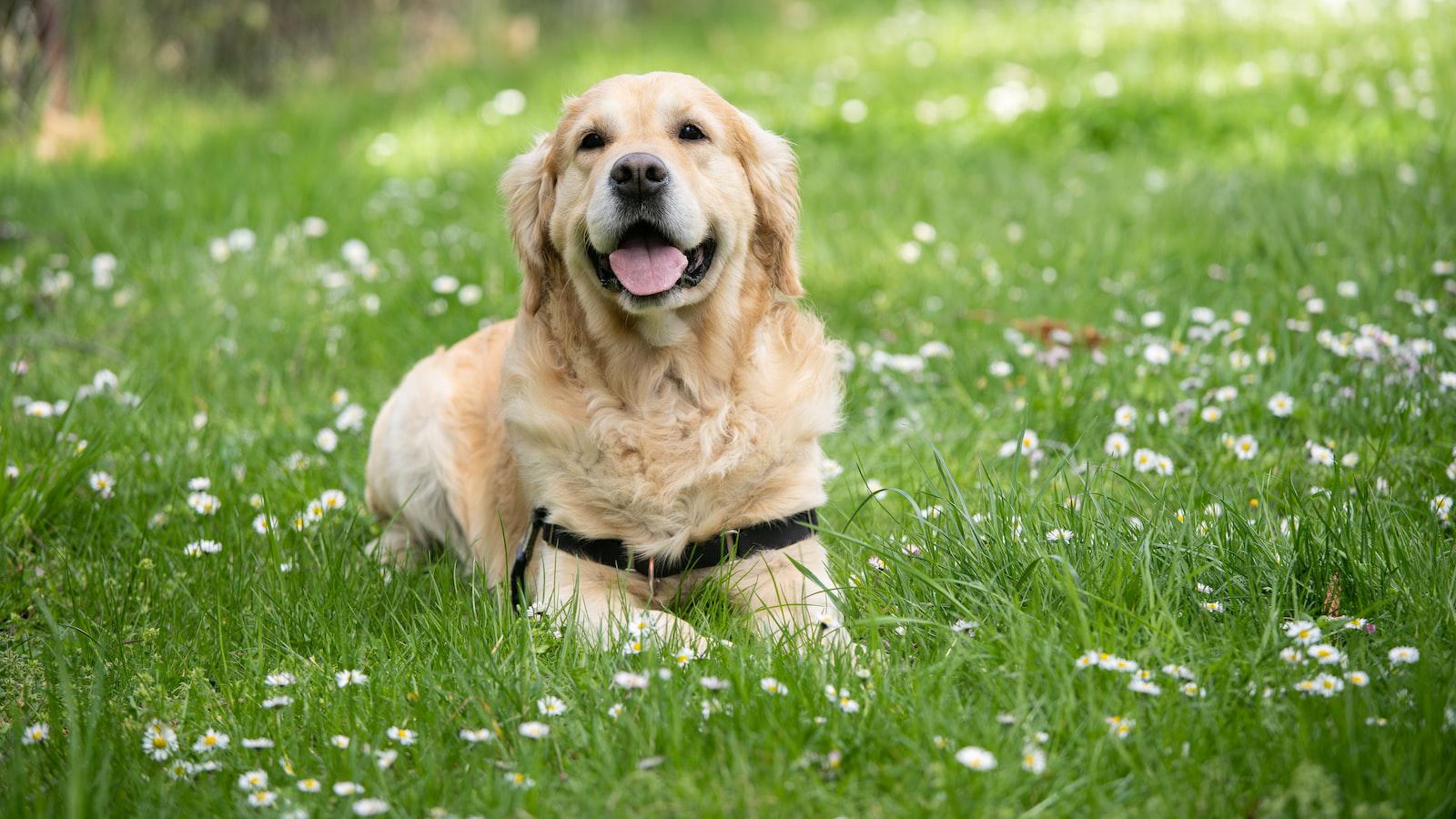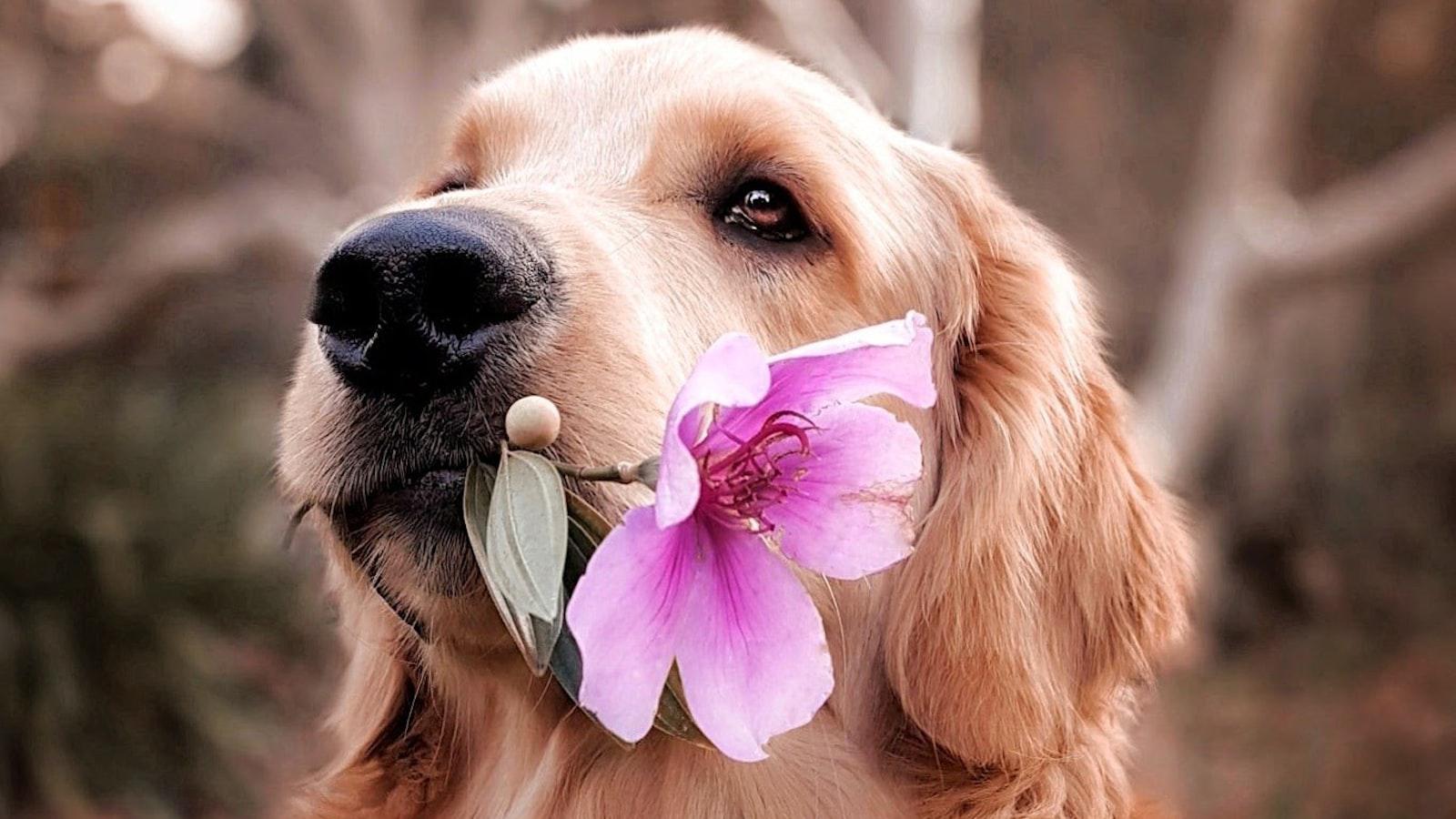Have you ever noticed how dogs, those loyal and affectionate creatures, sometimes prefer to be left alone when they near the end of their lives?
It’s a paradoxical behavior that has puzzled many pet owners, myself included.
After all, shouldn’t our furry friends, who thrive on companionship, seek solace and comfort in our presence during their final moments?
Read on to learn the heart-wrenching details.
Why do Dogs Prefer Solitude during Their Final Moments?
Dogs are fascinating creatures, and their behavior during the dying process can be both mysterious and heart-wrenching.
One common observation is that dogs often desire to be alone in their final moments.
But why is that?
Let’s take a closer look at the emotional and physical reasons behind this behavior.
1. Sense of Vulnerability: Like humans, dogs have an instinctual need to protect themselves when they’re feeling vulnerable.
As they approach the end of their lives, they may sense that their strength is waning and their body is becoming weaker.
Much like humans, dogs may also experience discomfort or pain as they grow older, and being alone allows them to cope with these sensations without feeling vulnerable or having to rely on others.
2. Preserving Dignity: Dogs have an innate sense of dignity, even in their dying moments.
It’s almost as if they understand that they are preparing to say goodbye and want to do so with grace.
By choosing to be alone, they are able to maintain a sense of privacy and honor their own journey without any distractions or intrusions.
3. Solace in Solitude: Just like humans, dogs may also seek solace and comfort in solitude during their final moments.
Being alone allows them to reflect on their life, find peace within themselves, and maybe even find solace in the quietness of their surroundings.
It’s their way of creating a serene space where they can find their own closure and prepare for what lies ahead.
4. Pack Instincts: Dogs are known to be highly sensitive creatures, capable of picking up on subtle changes in their environment.
As they near the end of their lives, dogs may become more in tune with their surroundings, seeking a calm and quiet place where they can find solace.
This desire for solitude could be attributed to their instinctual need to protect the pack.
In the wild, injured or dying animals often isolate themselves to avoid becoming vulnerable to predators.
5. Bond with Human Companions: Dogs are incredibly intuitive and can sense our emotions and wellbeing.
They have an innate desire to ease our pain and bring us comfort.
In their final moments, dogs may realize that their declining health and imminent passing may cause distress to their loved ones.
By seeking solitude, they could be sparing us the heartache of witnessing their decline, choosing to go on their own terms to protect our emotional well-being.
Creating a Peaceful Solitude to Honoring a Dog’s Final Moments
Understanding why dogs want to be alone when they die can help us create an peaceful atmosphere that honors their wishes.
Firstly, ensure that the space is tranquil and free of any loud noises that could agitate or distress them.
Dimming the lights can also help create a calm ambiance.
It’s beneficial to provide a soft, comfortable area where your dog can rest undisturbed.
Consider surrounding them with familiar scents, such as their favorite blanket or toy, to offer a sense of security.
FAQ
Q: Is it common for dogs to seek isolation near the end of their lives?
A: Indeed, it is quite common for dogs to seek solitude as they near the end.
Many pet owners and even veterinarians have observed this behavior in aging or ill dogs.
While not all dogs will display this tendency, it appears to be a fairly widespread occurrence across various breeds and ages.
Q: What could be the reason behind this behavior?
A: Though we cannot ask our four-legged companions for their perspective, there are a few theories that offer potential explanations for this seemingly peculiar behavior:
One theory suggests that dogs instinctively seek solitude to protect their pack or family.
In the wild, injured or sick animals isolate themselves to ensure their vulnerability doesn’t expose others to danger.
It’s possible that our canine friends have retained some of these instincts, wanting to prevent any harm or suffering from befalling those they love.
Another hypothesis focuses on the natural instinct for animals to hide when they’re unwell.
In the wild, showing signs of weakness can make them an easy target for predators.
By withdrawing and finding a quiet corner to rest peacefully, dogs could be simply following an age-old survival instinct to keep themselves safe.
Q: Can it be that dogs feel embarrassment or shame?
A: While dogs certainly experience a range of emotions, including love, joy, and sadness, there’s little evidence to suggest that they feel embarrassment or shame in the same way humans do.
Therefore, it’s unlikely that this behavior is driven by feelings of embarrassment or shame related to their deteriorating health.
Q: Should we respect their desire for solitude?
A: Absolutely!
It’s crucial to honor and respect a dog’s desire for privacy during their final moments.
As pet owners, our priority should always be the well-being and comfort of our furry companions.
By creating a peaceful and quiet environment for them, we’re allowing them to transition in a manner that feels right for them.
Q: Is there anything we can do to support their privacy during this time?
A: While each dog is unique, there are certain things we can do to provide comfort and support during their final days.
Ensuring they have a cozy, familiar spot where they can rest undisturbed is essential
Offering gentle physical contact and soothing words can also be comforting for both you and your pup.
And, of course, providing access to fresh water and a soft diet that is easy to consume can make their moments more comfortable.
In conclusion, when dogs choose to be alone in their final moments, it’s a deeply personal choice that likely stems from their instincts to protect and preserve their loved ones.
While we may not fully comprehend the intricacies of their behavior, we can show our love and respect by granting them the privacy they desire during this tender time.
Parting Words
Why do dogs often wish to be alone in their final moments?
Although it may seem peculiar at first, this desire for solitude can be seen as a testament to their natural instincts and their profound love for their human companions.
Throughout history, dogs have been invaluable companions to humans, loyal to the core and always there to lift our spirits.
This unique bond they share with us is why we consider them to be an integral part of our families.
But when the time comes for them to bid us farewell, they often seek solace in seclusion.
You may have noticed this behavior in your own furry friend, as they find a quiet corner of the house or retreat to their favorite spot in the yard.
It’s as if they instinctively understand the circle of life, realizing that their time on this Earth is coming to an end.
Their longing for privacy during these final moments stems from a deep-rooted instinct to protect and preserve their pack, their family.
In the wild, canines would often separate themselves from the group when they sensed their time was near.
This act of solitary seclusion serves multiple purposes.
It allows them to conserve their energy, creating a peaceful atmosphere where they can reflect and come to terms with their inevitable journey.
Moreover, dogs are highly attuned to the emotions of their human companions.
By retreating into solitude, they alleviate the emotional burden their passing may have on us, sparing us from witnessing their pain and giving us the space to grieve when the time comes.
Their desire for privacy in their final moments is not a sign of detachment or abandonment; rather, it is an act of love.
By withdrawing from our presence, they are protecting us from the heart-wrenching sight of their struggle and ensuring that we remember them for the beautiful memories they left behind.
So, as we witness our beloved companions seeking solace in their final moments, let us find solace in knowing that their actions are born out of a love so pure it transcends words.
It is a testament to the deep connection they share with us, a connection that is eternal.
And as we say our farewells, let us remember that their desire for solitude is their final gift, the last act of devotion they bestow upon us before they cross the rainbow bridge.












